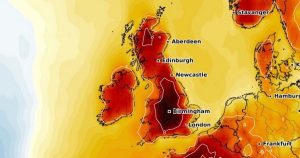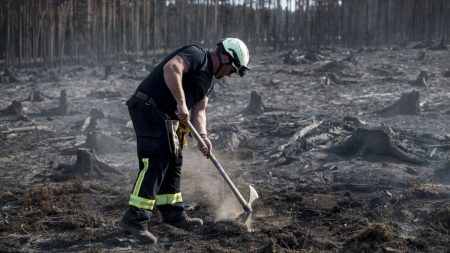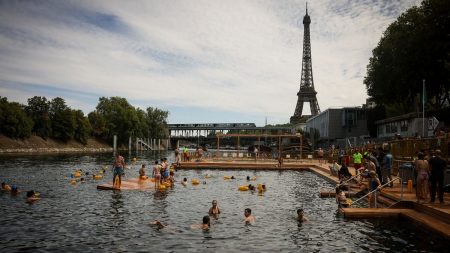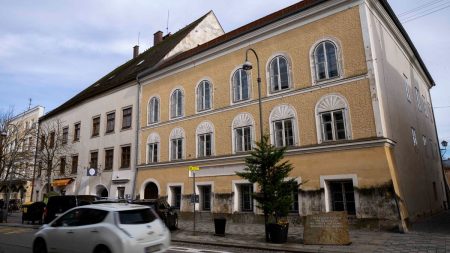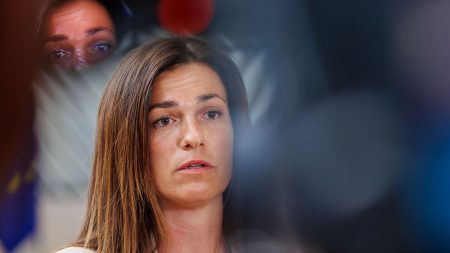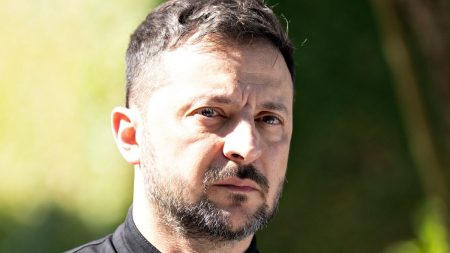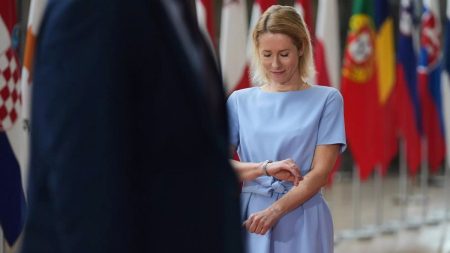Former Portuguese Prime Minister António Costa has transitioned to the role of President of the European Council, an appointment that comes at a critical juncture for the European Union. Costa’s political background and experience as a former Prime Minister, Mayor of Lisbon, and Member of Parliament provide him with a nuanced understanding of governance and diplomacy, giving rise to expectations about his capability to lead the EU’s 27 member states. His extensive track record in navigating political landscapes is seen as an asset in fostering collaboration and unity within the union. In taking up his new position, the focus turns to how Costa will differ from his predecessor, Charles Michel, and the unique challenges he will face in his role.
One of the key elements shaping Costa’s presidency will be his approach to leadership and cooperation among EU member states. He is recognized for his bridge-building skills, which will be crucial in a diverse and often divided union. Costa’s ability to forge connections with EU leaders and work synergistically with European Commission President Ursula von der Leyen is expected to create a more cohesive environment compared to previous leadership dynamics. This marks a departure from incidents like the infamous “sofagate,” which highlighted shortcomings in diplomatic protocol and unity. Costa’s commitment to fostering a cooperative atmosphere is pivotal as he aims to address the multifaceted challenges that the EU faces.
Despite Costa’s optimistic approach, uniting the EU’s diverse membership presents inherent difficulties. The current political landscape is fraught with issues like migration, economic disparity, and differing national interests that threaten to fragment the European bloc. Each member state has distinct priorities, which require the Council President to navigate a complex web of negotiations and compromises. Costa’s experience in Portuguese politics, where coalition-building is often necessary, may equip him to tackle these challenges. However, the stakes are higher on the European stage, where broader geopolitical influences and socio-economic tensions can complicate consensus-building efforts.
In addition to interpersonal dynamics, Costa will also need to address pressing policy matters that impact the union. With an Employment and Social Policy Council meeting on the horizon, discussions on labor migration and related action plans will play a key role in shaping future policies. The integration of migrants into European labor markets remains a contentious issue, and Costa’s handling of these discussions will be indicative of his priorities and leadership style. By prioritizing labor migration, Costa aligns with a broader need to ensure that EU labor markets are responsive to demographic changes and economic demands, further embedding him in the fabric of EU policy-making.
Furthermore, Costa’s presidency occurs against a backdrop of health and environmental challenges that underscore the urgency for effective leadership within the EU. The ongoing implications of the COVID-19 pandemic continue to affect economies and public health systems across the continent. Thus, a significant part of Costa’s agenda will likely include advocating for public health measures and recovery plans that address these challenges. Additionally, environmental sustainability and climate change will remain top priorities as member states seek to collaborate on green initiatives and policies that promote long-term ecological resilience.
The final segment of public discourse regarding Costa’s presidency will involve assessing the societal priorities within European countries, particularly with respect to public health initiatives, such as creating smoke-free environments. By examining the best and worst-performing countries in this regard, there is a push for Costa to utilize his platform to advocate healthier lifestyles and policies that safeguard public health across the EU. Overall, while António Costa’s presidency holds promise given his political acumen and experience, it will ultimately be defined by his ability to unify diverse member states and champion urgent policies that address immediate and long-term challenges confronting the European union.
